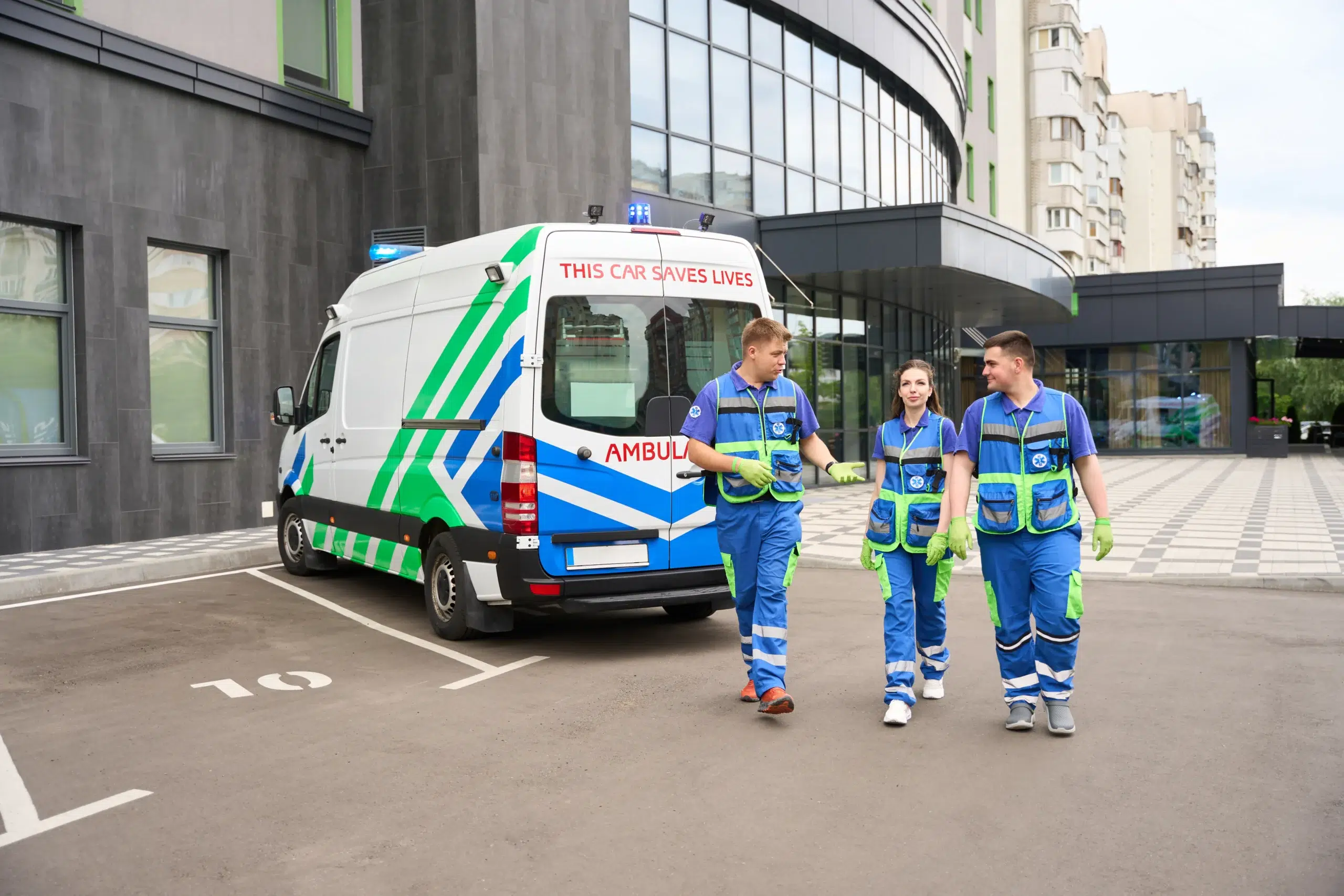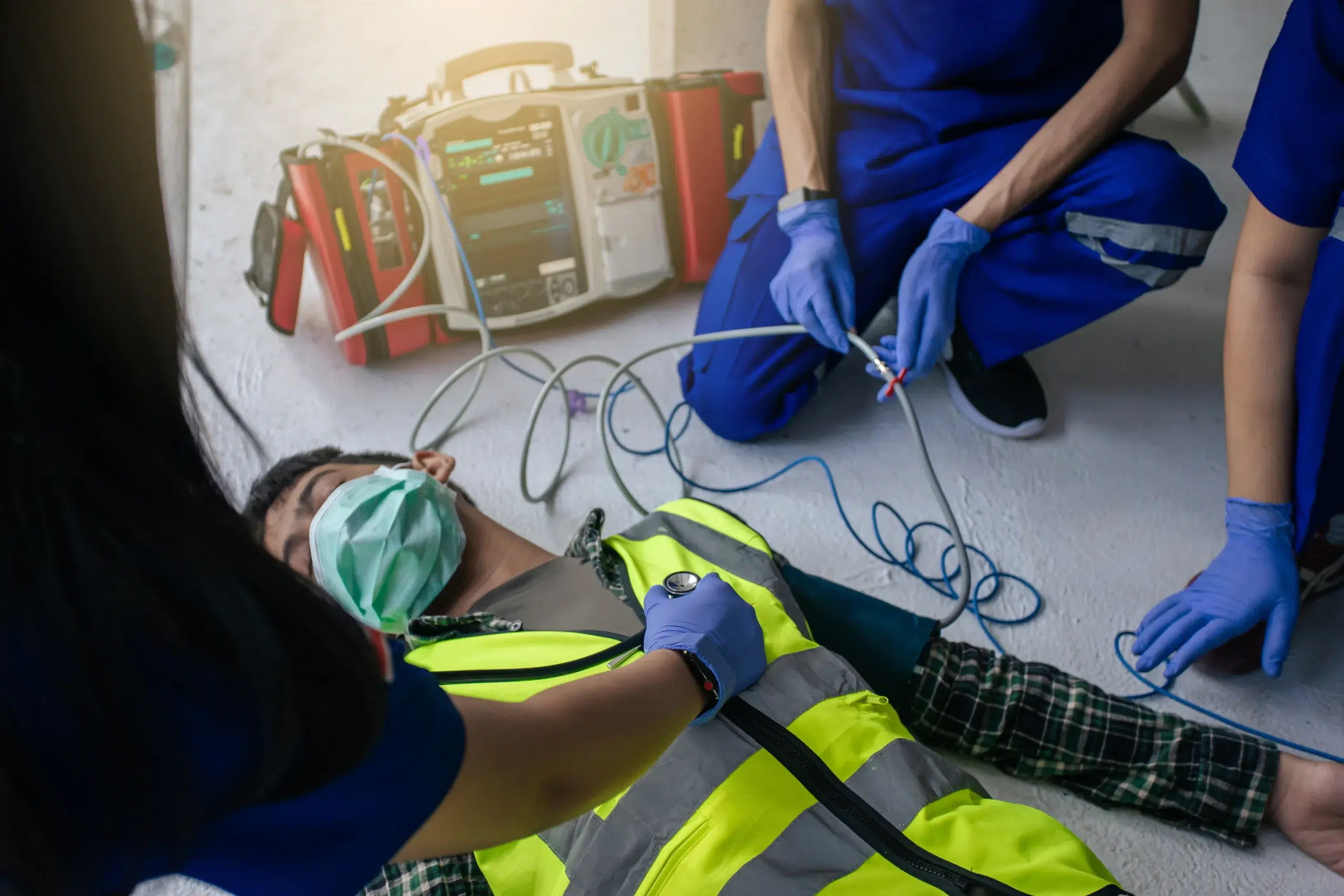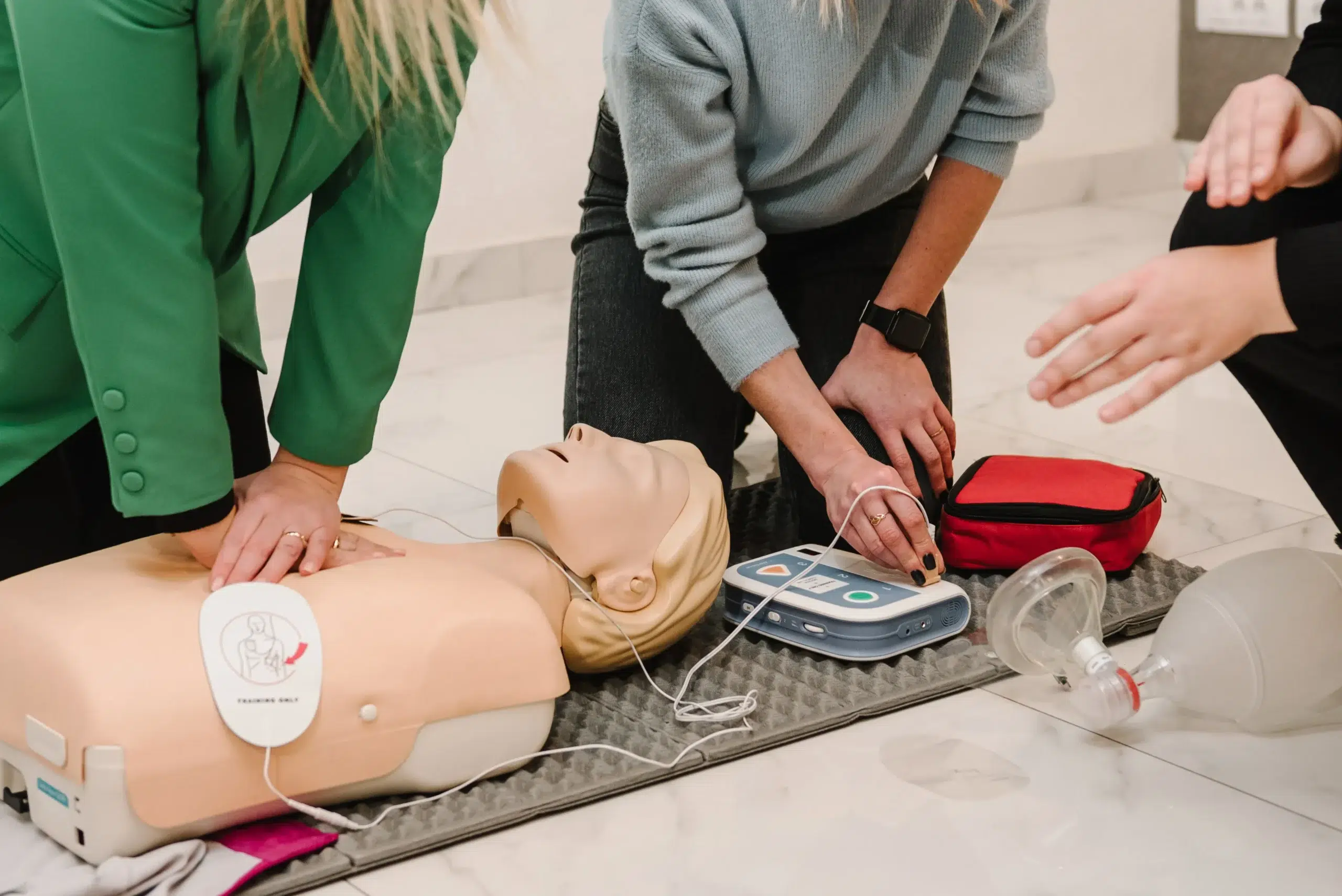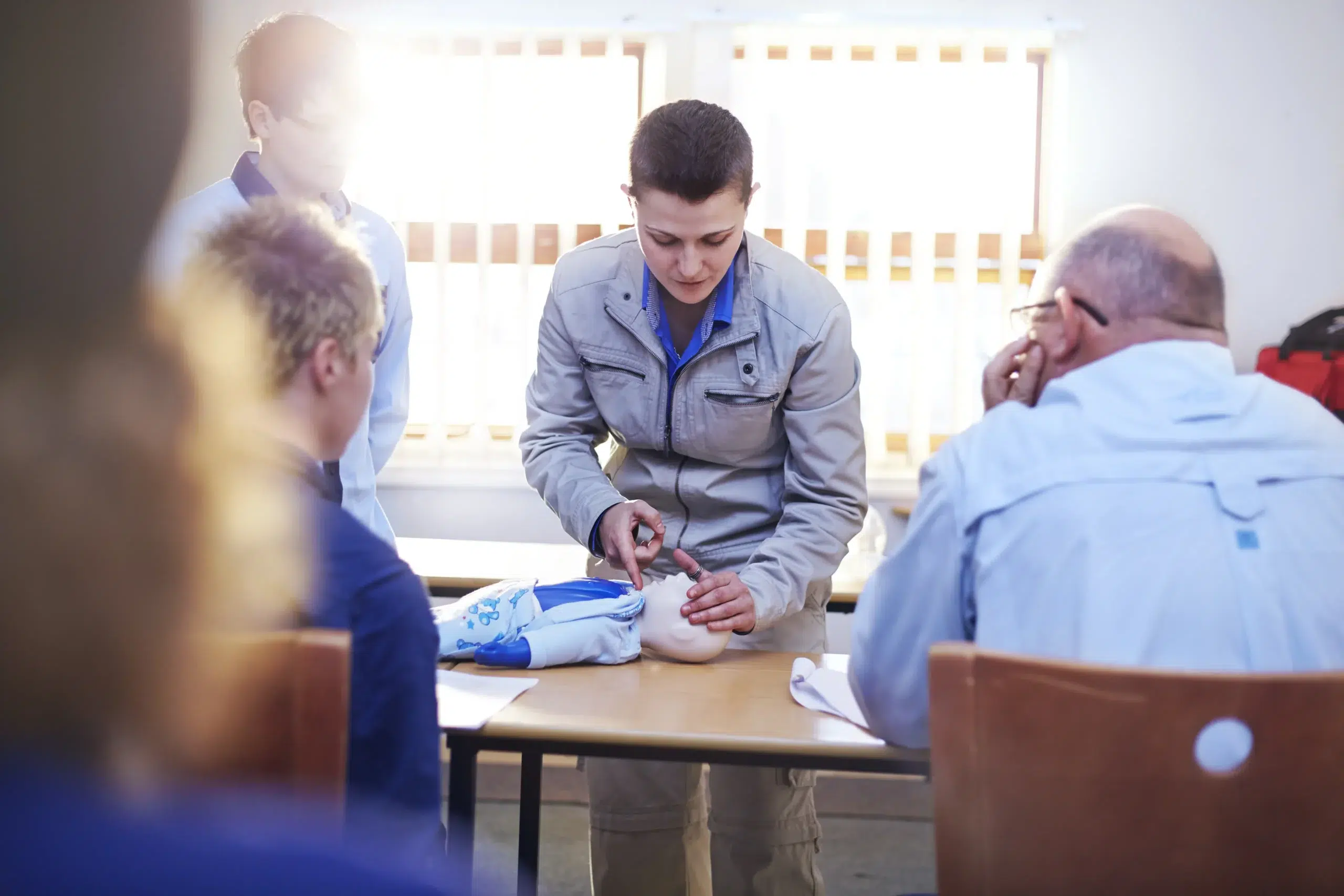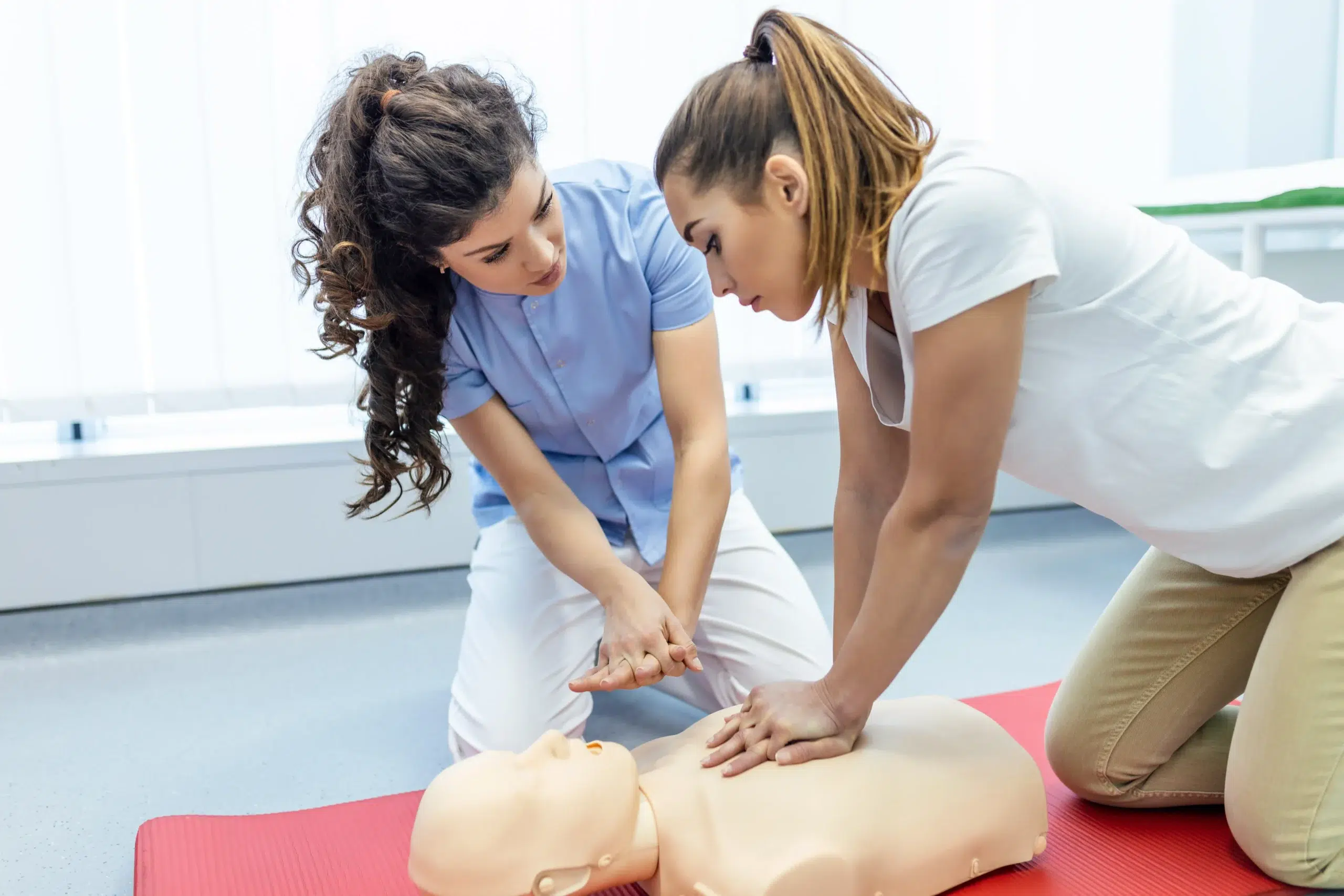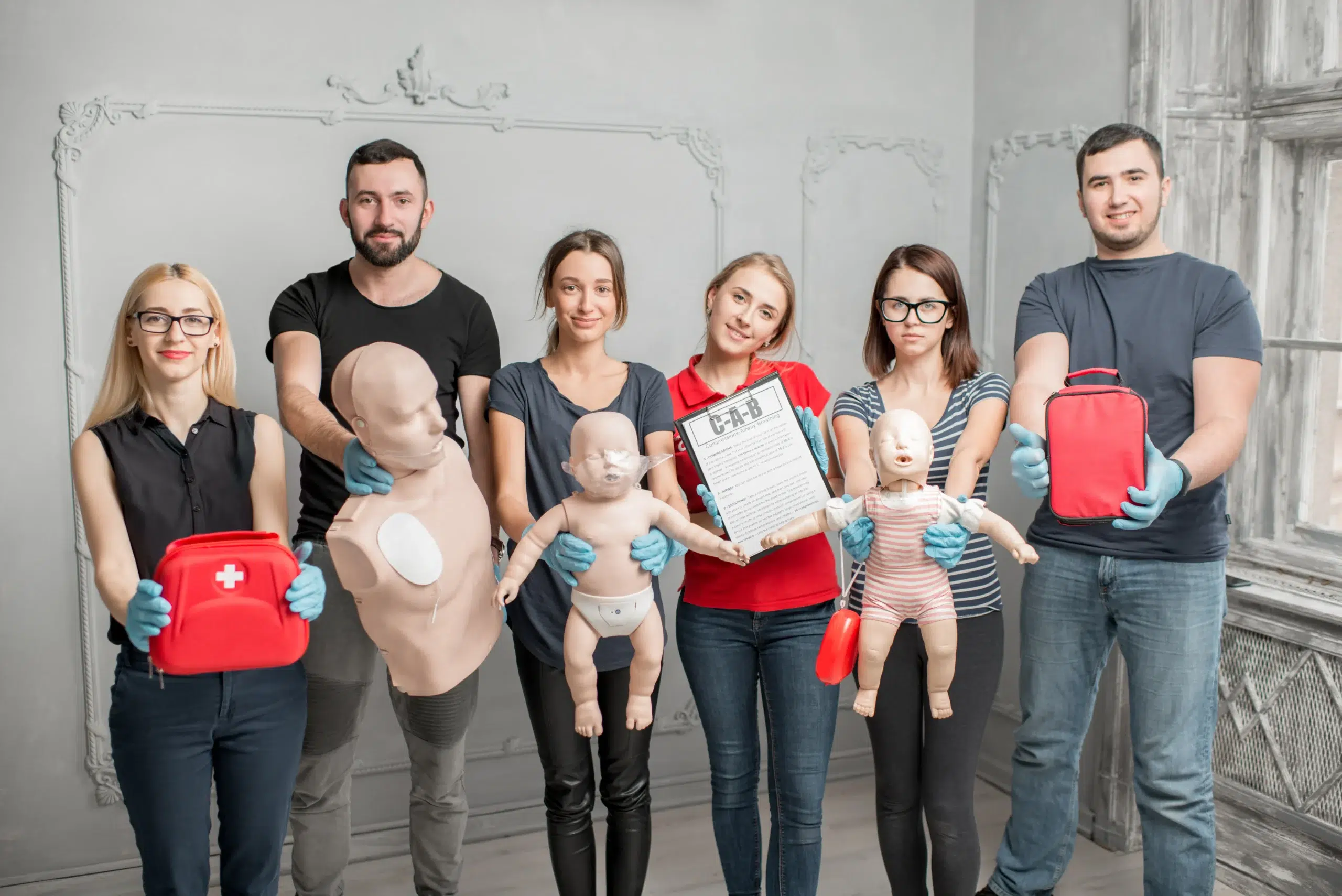When someone survives a cardiac arrest and the traumatic experience of CPR, the recovery isn’t just physical—it’s mental and emotional too. Post-CPR survivors often face anxiety, fear, or even long-lasting conditions like depression and PTSD. Understanding the psychological toll and learning how to address it is essential for both survivors and their loved ones.
This guide explores the emotional aftermath of CPR, practical coping strategies, and why emotional recovery is a vital component of the healing process. We’ll also provide actionable advice and encourage seeking professional help when needed.
Understanding the Psychological Impact of CPR
Surviving cardiac arrest and undergoing CPR can be a life-altering experience, often bringing intense psychological repercussions.
Immediate Emotional Responses
The moments after CPR can trigger intense emotions. Survivors often report feeling:
- Fear and confusion about what happened to them.
- Anxiety, particularly surrounding their health and future risks.
- Disorientation and shock, due to the traumatic nature of nearly losing their lives.
These feelings are normal and stem from the significant emotional and physical stress a cardiac arrest places on the body.
Acute Stress Disorder (ASD)
For many, the initial weeks after CPR can lead to acute stress disorder. This condition may involve:
- Flashbacks of the cardiac arrest or CPR process.
- Hypervigilance, where the survivor feels constantly on edge.
- Difficulty processing emotions or memories tied to the event.
If ASD isn’t managed, it can evolve into longer-term mental health conditions like PTSD.
Long-Term Effects on Mental Health
The psychological effects of cardiac arrest can persist long after the initial event. Research published in the Resuscitation Journal (2013) revealed alarming trends:
- Depression affects 14%–45% of survivors.
- Anxiety is reported in 13%–61% of cases.
- PTSD rates among survivors range between 19%–27%.
Survivors may also grapple with survivor’s guilt or a newfound fear of mortality. These emotions can lead to profound changes in how they view life—often prompting existential questions about purpose and priorities.
By acknowledging these emotional hurdles, survivors, families, and support teams can take vital steps toward recovery.
Coping Strategies for Survivors and Families
Psychological recovery for CPR survivors isn’t a one-size-fits-all process. Coping requires tailored techniques, supportive relationships, and sometimes professional intervention.
Mindfulness-Based Techniques
Mindfulness can be an effective tool for calming and centering the mind. Some powerful approaches include:
- Meditation: Simple breathing exercises can reduce anxiety and lower stress levels.
- Journaling: Writing down thoughts and feelings can provide clarity and help process complex emotions.
- Yoga: Gentle movement paired with focused breathing not only benefits mental health but also supports physical recovery.
Try this mindfulness exercise: Set a timer for 5 minutes, close your eyes, and take slow, deliberate breaths. Focus on each inhale and exhale. If your mind wanders, gently return your attention to your breath.
Support Networks
No one should face recovery alone. Survivors and families should lean on their community:
- Family and Friends: Open conversations about fears and feelings can strengthen emotional bonds.
- Support Forums: Groups like the American Heart Association survivor communities connect people with shared experiences, offering empathy and advice.
Feeling supported can counter loneliness and foster hope.
Lifestyle Adjustments
Simple lifestyle changes can have a profound impact on mental and physical well-being:
- Regular Physical Activity: Light exercises like walking or stretching release endorphins to boost mood.
- Balanced Nutrition: Prioritize whole foods rich in nutrients to nourish both body and mind.
- Quality Sleep: Proper rest is critical for emotional regulation and recovery.
Establishing sustainable routines creates a sense of normalcy, which can be incredibly comforting after such a life-changing event.
Seeking Professional Help
Sometimes, mindfulness and community support aren’t enough. Professional therapists or counselors can offer specialized assistance. Here’s where to start:
- Look for professionals with a background in trauma therapy or health-related stress.
- Consider treatments like Cognitive Behavioral Therapy (CBT) to reframe negative thought patterns or Eye Movement Desensitization and Reprocessing (EMDR), which is effective for addressing trauma.
If cost is a concern, search for local mental health resources or nonprofits offering affordable services.
Why Psychological Recovery is Essential
Survivors and caregivers often focus exclusively on physical healing—regaining strength, preventing future cardiac events, and maintaining a heart-healthy lifestyle. But failing to address emotional recovery can undermine overall progress.
The Mind-Body Connection
Elevated stress levels due to unresolved emotional trauma can strain the body, delaying physical recovery. Addressing the psychological aspect of healing not only improves mental health but also reduces stress-related impacts on the cardiovascular system.
Enhancing Quality of Life
When survivors overcome psychological barriers, they regain confidence in daily life. They’re better equipped to rebuild routines, reconnect with loved ones, and pursue hobbies or goals.
Empowering Survivors
Taking steps toward emotional recovery reminds survivors of their resilience. It emphasizes that while the cardiac arrest was a significant event, it does not have to define their future.
Take Action for a Holistic Recovery
The road to recovery may feel daunting, but it’s achievable with the right strategies and support.
If you’ve survived CPR or care for someone who has, remember:
- Healing takes time.
- You don’t have to face emotional challenges alone.
- Seeking help is a sign of strength, not weakness.
Want to make a difference in someone’s life? Gaining a skill like CPR can transform you into a life-saving first responder. Trusted providers like Safety Training Seminars offer comprehensive courses in Pleasant Hill, California, including:
- CPR and First Aid
- Basic Life Support (BLS)
- Advanced Cardiac Life Support (ACLS)
- Pediatric Advanced Life Support (PALS)
Moving Forward with Hope and Strength
Psychological recovery for CPR survivors is more than just finding peace of mind—it’s about reclaiming life fully. With the right tools, support, and mindset, survivors can turn this challenging chapter into a story of resilience.
Know someone who could benefit from this guide? Share it with them and spread the knowledge. Together, we can help more survivors find paths to healing and strength.

